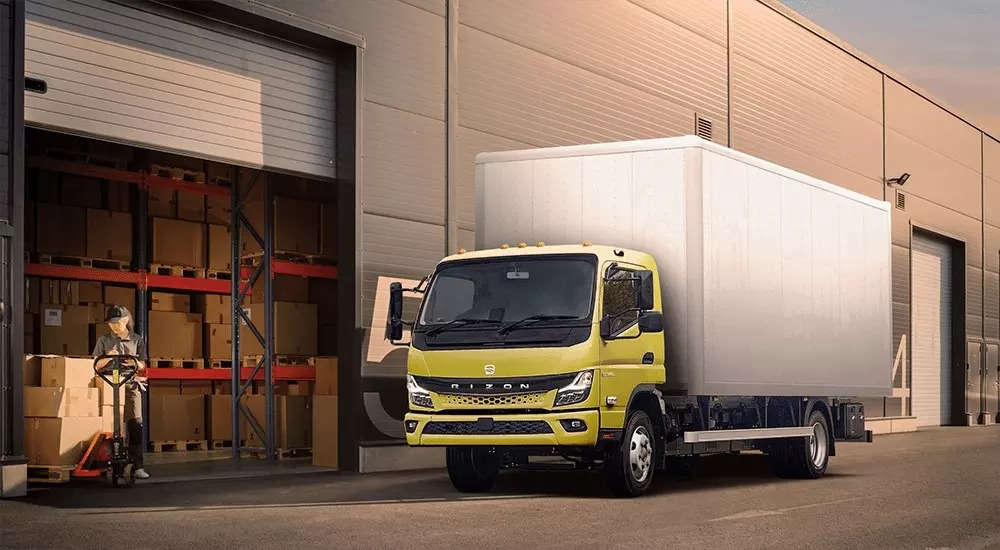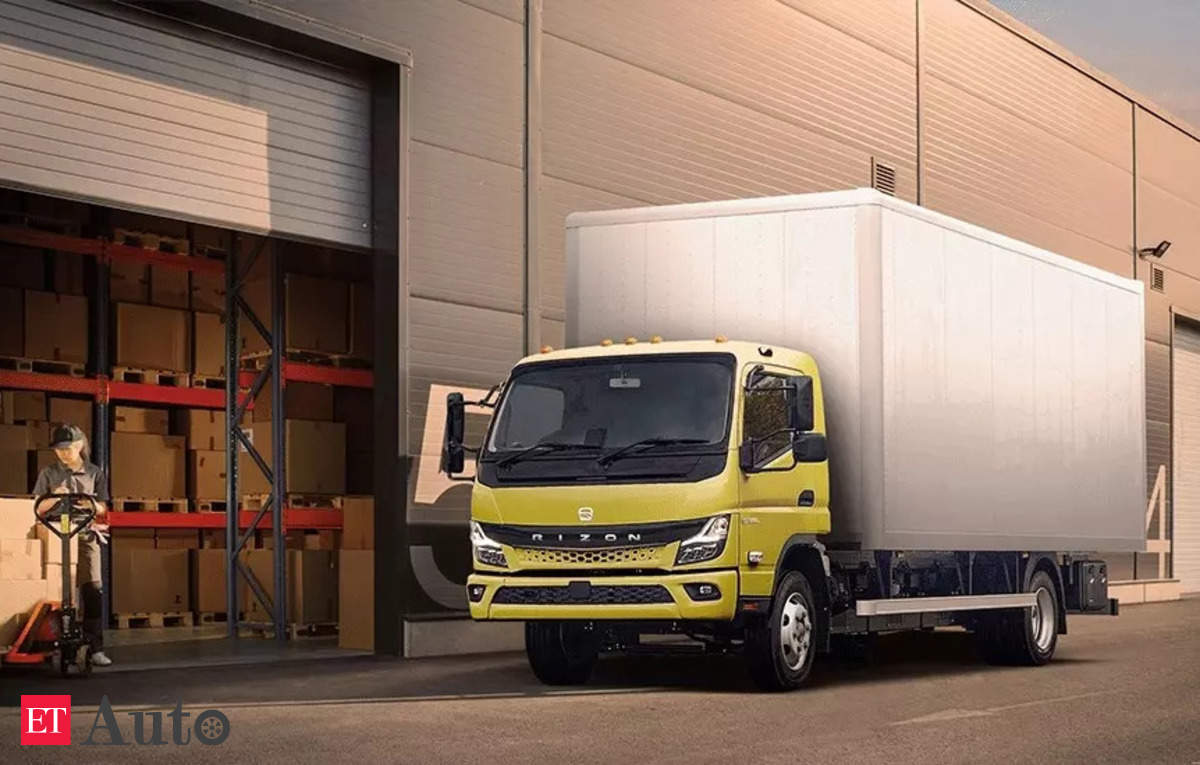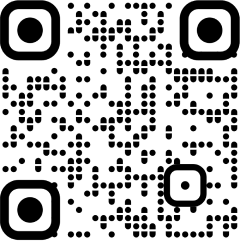
Daimler Truck AG‘s latest brand, RIZON, offering all-electric class 4 and 5 medium-duty trucks for the US market, has secured full homologation there. This paves the way for the nationwide sale of Daimler electric trucks. The first vehicle deliveries will start in Q4 of 2023 through dealer networks in California, the company said.RIZON, introduced in May this year, recently obtained Environmental Protection Agency (EPA) certification and dual California Air Resource Board ( CARB) Executive Orders, complying with the US Federal Motor Vehicle Safety Standards. CARB Executive Orders also allow customers in California to benefit from a USD 60,000 baseline incentive per vehicle through the CARB Hybrid and Zero-emission Truck and Bus Voucher Incentive Project (HVIP).
Velocity EV, a part of the Velocity Vehicle Group, exclusively distributes RIZON trucks. Velocity Vehicle Group, an established name in the commercial vehicle industry with around 80 global outlets, will appoint additional RIZON dealers to create a seamless network across the United States.
RIZON offers a selection of series-production zero-emissions trucks in classes 4 and 5, helping customers reduce emissions in their fleets through four model variants – the e18L, e18M, e16L, and the e16M. RIZON Trucks are well-suited for urban and last-mile deliveries, supporting routes of up to 150 miles (240 km) per day and a variety of configurations, including box trucks, flatbeds, stake beds, refrigerated, and other body types.
Daimler Truck prioritizes sustainable commercial transportation, and the RIZON brand plays a crucial role in achieving its sustainability goals.
RIZON at a glance: RIZON, Daimler Truck’s newest brand, was unveiled for the first time during the Advanced Clean Transportation (ACT) Expo in May 2023 in Anaheim, California. The class 4 and 5 medium-duty battery-electric vehicles can cover distances from 120 km – 170 km; (M size variant with 2 battery packs) to 170 – 250 km (L size variant with 3 battery packs) on a single charge.
RIZON trucks can be charged by two types of battery charging systems: DC Fast Charging (via CCS1 connector) and the more cost-effective Level 2 AC Charging (via J1772 connector), facilitating the transition to electric mobility.









